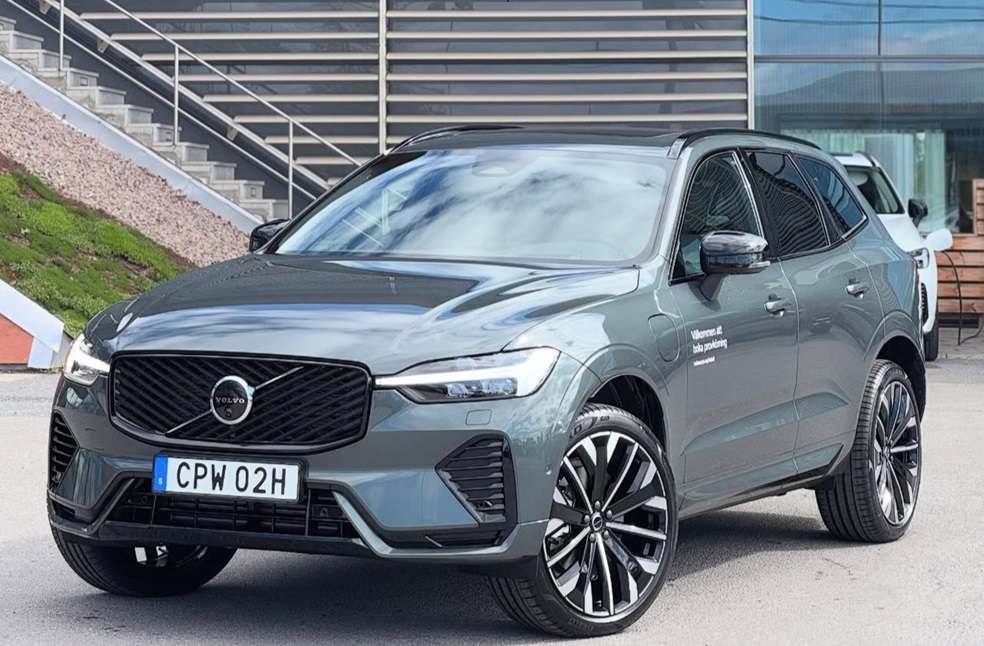Volvo Cars announced plans to lay off approximately 3,000 employees, mostly white-collar workers, as part of a major cost-cutting initiative prompted by mounting financial pressures, sluggish demand for electric vehicles (EVs), and ongoing trade tariff uncertainties.
The Sweden-based automaker, majority-owned by China’s Geely Holding, revealed on April 29 its intention to reduce costs by 18 billion Swedish crowns (around $1.9 billion). This restructuring includes halting certain investments and acknowledges that workforce reductions are an inevitable outcome.

According to the company’s first-quarter earnings report, Volvo Cars employed 43,500 full-time staff and an additional 3,000 agency workers. The job cuts, announced Monday, will mainly affect office-based roles in Sweden and will account for nearly 15% of the global white-collar workforce.
“The automotive industry is in the middle of a challenging period. To address this, we must improve our cash flow generation and structurally lower our costs,” said CEO Håkan Samuelsson.
The company withdrew its financial outlook last month, citing global market volatility, declining consumer confidence, and trade tensions as key reasons. These factors have significantly impacted the automotive sector, particularly manufacturers focusing on EVs.

Adding to the uncertainty, former U.S. President Donald Trump recently threatened to impose a 5% tariff on European Union imports beginning June 1. However, he later postponed the move to July 9, allowing time for negotiations between Washington and Brussels.
Commenting on the potential tariffs, Samuelsson stated that a 50% levy would likely be passed on to customers and could render it unfeasible to export the Belgium-manufactured EX30 EV to the U.S. market.
EV WORLD | Renault Uses Shanghai Hub to Develop Global EV Models





